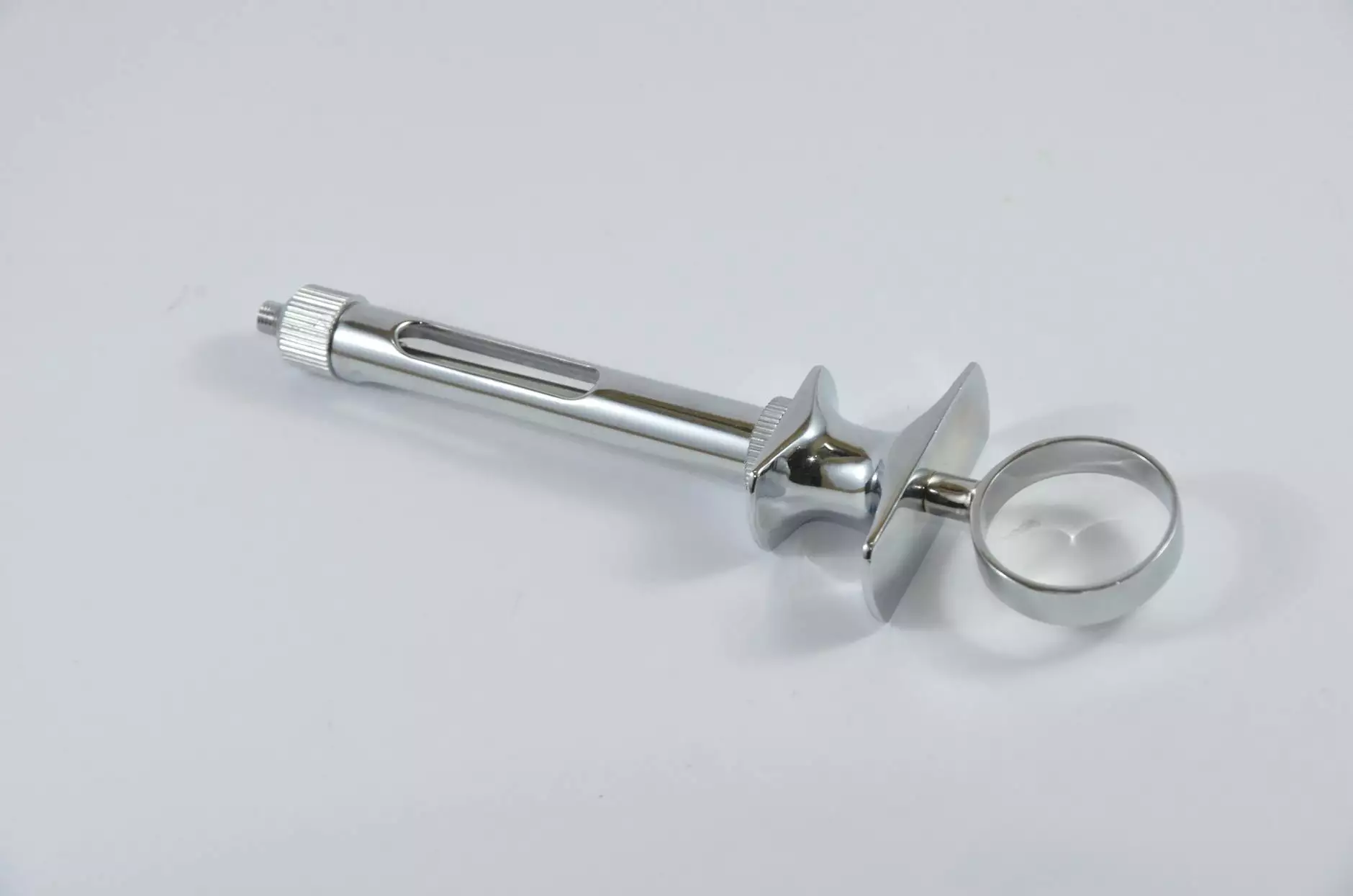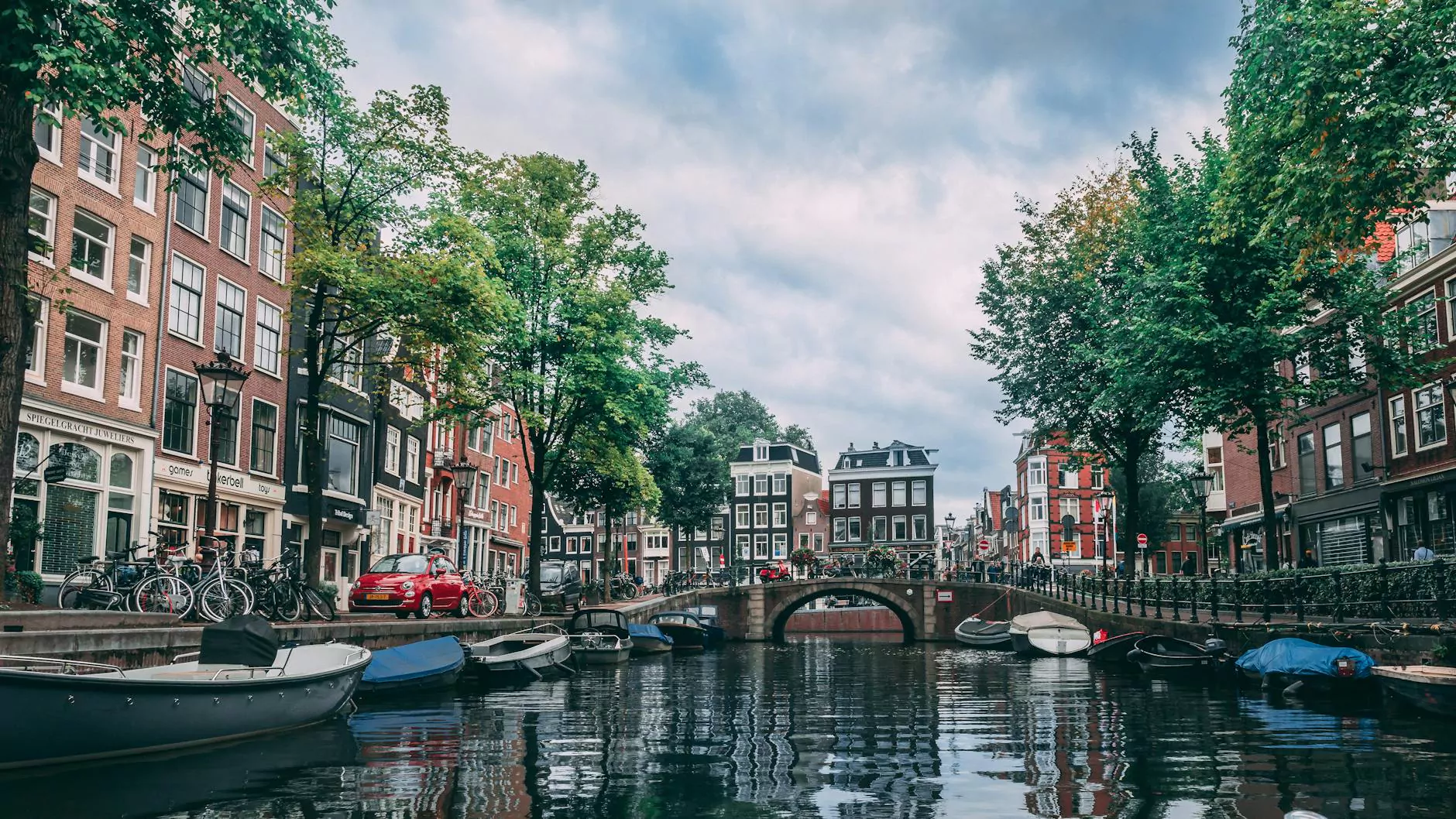Mastering Commercial Chemical Water Treatment: Ensuring Efficiency and Sustainability in Industrial Operations

In today’s rapidly evolving industrial landscape, commercial chemical water treatment has become a cornerstone for maintaining operational efficiency, ensuring environmental compliance, and extending the lifespan of critical infrastructure. Companies like Group Leef Kimyadisticaret stand at the forefront, offering innovative chemical solutions tailored to various industrial needs. This detailed guide explores the multifaceted world of commercial chemical water treatment, highlighting its importance, the types of chemicals used, best practices, and how to select the right partnership for your business.
Understanding Commercial Chemical Water Treatment: An Essential Industrial Process
Commercial chemical water treatment is a comprehensive process designed to control and optimize water quality in industrial facilities. This process is essential for industries that rely heavily on water for manufacturing, cooling, processing, or other operations. Proper treatment prevents scale buildup, corrosion, bacterial growth, and other issues that can compromise equipment integrity and operational safety.
Unlike municipal water treatment intended for drinking water, commercial treatment deals with much higher volumes and more aggressive contaminants. The goal is to tailor chemical applications specifically to industrial requirements, ensuring maximum efficiency and minimal environmental impact.
The Significance of Commercial Chemical Water Treatment in Industry
Enhancing Equipment Longevity
Unmanaged water can cause severe damages to machinery through scale formation, corrosion, and fouling. The appropriate chemical treatment forms a protective barrier, reducing wear and tear on boilers, heat exchangers, chillers, and pipelines.
Operational Efficiency and Cost Savings
Effective water treatment minimizes downtime, reduces maintenance costs, and improves energy efficiency. Clean, treated water ensures equipment operates at peak performance, conserving energy and resources over time.
Environmental Compliance and Sustainability
Regulatory standards are increasingly strict concerning effluent discharge and chemical usage. Commercial chemical water treatment emphasizes environmentally friendly chemicals and processes that align with sustainability goals, helping companies meet legal requirements while reducing ecological impact.
Core Chemicals Used in Commercial Chemical Water Treatment
The backbone of commercial chemical water treatment is a carefully selected mix of chemicals, each tailored to address specific issues within industrial water systems. Here is a comprehensive list of essential chemicals and their functions:
- Corrosion Inhibitors: These chemicals form a protective film on metal surfaces, preventing oxygen diffusion and corrosive reactions. Examples include phosphate-based inhibitors and film-forming amines.
- Scale Preventatives and Dispersants: These compounds inhibit mineral deposit formation by interfering with crystal growth. Typical agents include phosphates, polyphosphates, and sequestrants.
- Biocides and Algaecides: These are used to control microbial growth, bacteria, fungi, and algae, which can cause biofouling and bad odors. Common biocides include chlorine-based compounds, glutaraldehyde, and bromine reagents.
- pH Adjusters: Chemicals like sulfuric acid, sodium hydroxide, or carbonate compounds are utilized to maintain optimal pH levels, preventing corrosion and scaling.
- Oxidizing Agents: Used to remove organic contaminants and biofilms, agents such as sodium hypochlorite and hydrogen peroxide are essential in maintaining sanitization.
- Defoamers and Anti-Foam Agents: These chemicals control foam formation during processes like cooling tower operation, enhancing system stability.
Implementation of Commercial Chemical Water Treatment: Best Practices
Comprehensive Water Testing and Analysis
Accurate, routine water testing forms the basis of effective treatment. Analytical results inform the selection and dosing of chemicals, ensuring optimal treatment without excess use or wastage. Parameters like pH, hardness, alkalinity, total dissolved solids (TDS), microbial levels, and specific contaminant levels should be regularly monitored.
Customized Treatment Programs
Every industrial facility has unique water characteristics and operational demands. Developing a tailored treatment plan involves detailed assessments, considering industry type, water source, existing issues, and regulatory requirements.
Use of Automated Dosing and Monitoring Systems
Modern water treatment employs automation to precisely control chemical dosing, reducing human error and optimizing chemical usage. Real-time sensors and feedback systems help maintain ideal treatment parameters continuously.
Environmental and Safety Considerations
Choosing environmentally friendly and sustainable chemicals while adhering to safety standards is vital. Proper handling, storage, and disposal protocols must be established to prevent accidents and environmental hazards.
Choosing the Right Partner for Commercial Chemical Water Treatment
Expertise and Experience
A reputable provider should possess extensive industry knowledge, proven success records, and technical expertise. Collaborative partnerships with chemical suppliers like Group Leef Kimyadisticaret ensure access to innovative solutions and ongoing support.
Product Quality and Regulatory Compliance
High-quality, regulated chemicals meet international standards and are safe for workers and the environment. Suppliers should provide comprehensive documentation, safety data sheets, and compliance certifications.
Technical Support and Training
Ongoing technical assistance, training for operational staff, and system audits are crucial for maintaining system efficiency and safety. A committed partner invests in knowledge transfer and continuous improvement.
The Future of Commercial Chemical Water Treatment: Innovation and Sustainability
Emerging trends in this field emphasize sustainability, eco-friendly chemicals, and integration with digital technologies. Smart water management systems leverage IoT and AI to predict issues, optimize chemical use, and minimize waste.
Research into biodegradable chemicals and less toxic alternatives provides safer options for workers and the environment. Additionally, integration with renewable energy and water recycling systems promotes a circular economy within industrial sectors.
Conclusion: Your Path to Optimal Water Management with Industry-Leading Chemicals
Effective commercial chemical water treatment is fundamental for maintaining operational excellence, safeguarding the environment, and complying with evolving regulations. By investing in high-quality chemicals, modern technology, and expert partnerships, your business can achieve superior performance and sustainability. Group Leef Kimyadisticaret is dedicated to providing industry-leading solutions tailored to your specific needs, helping you thrive in a competitive landscape.
Remember, successful water management is a continuous process that requires meticulous planning, regular monitoring, and adaptive strategies. Embrace innovation and sustainability today to secure your operations' future and contribute positively to environmental preservation.









